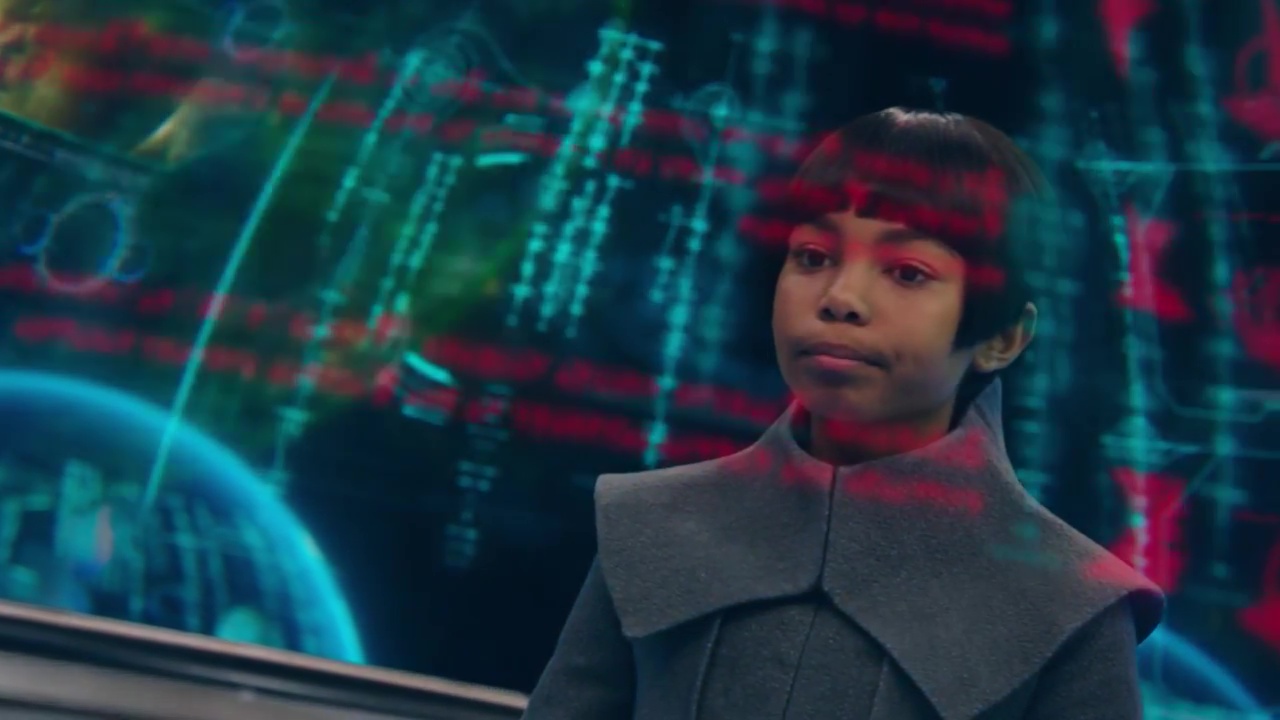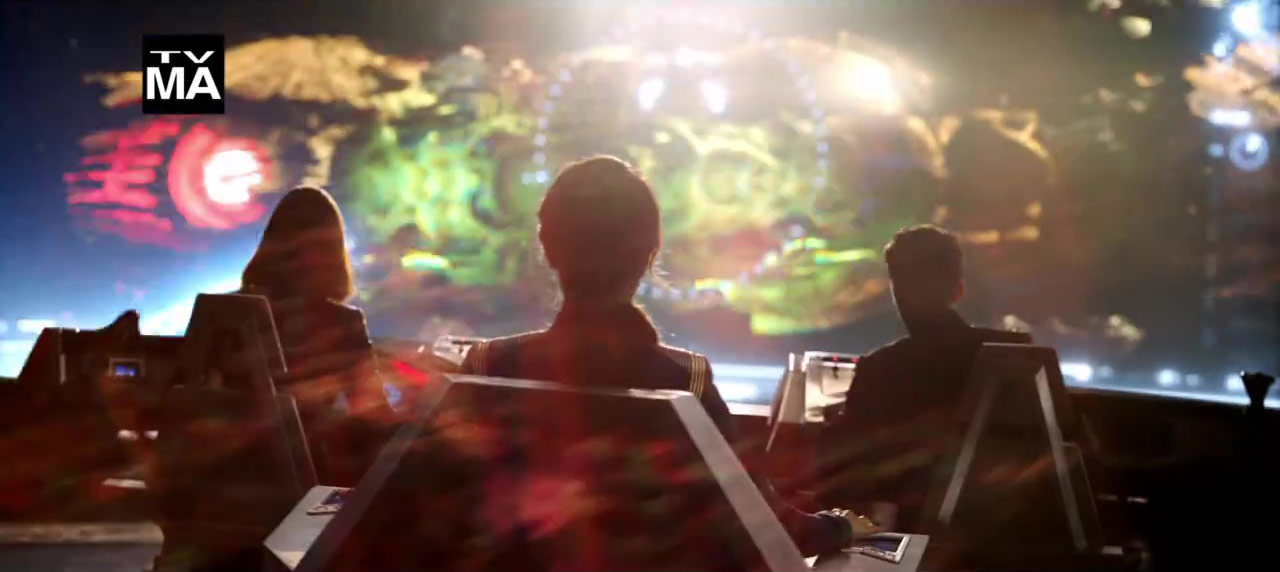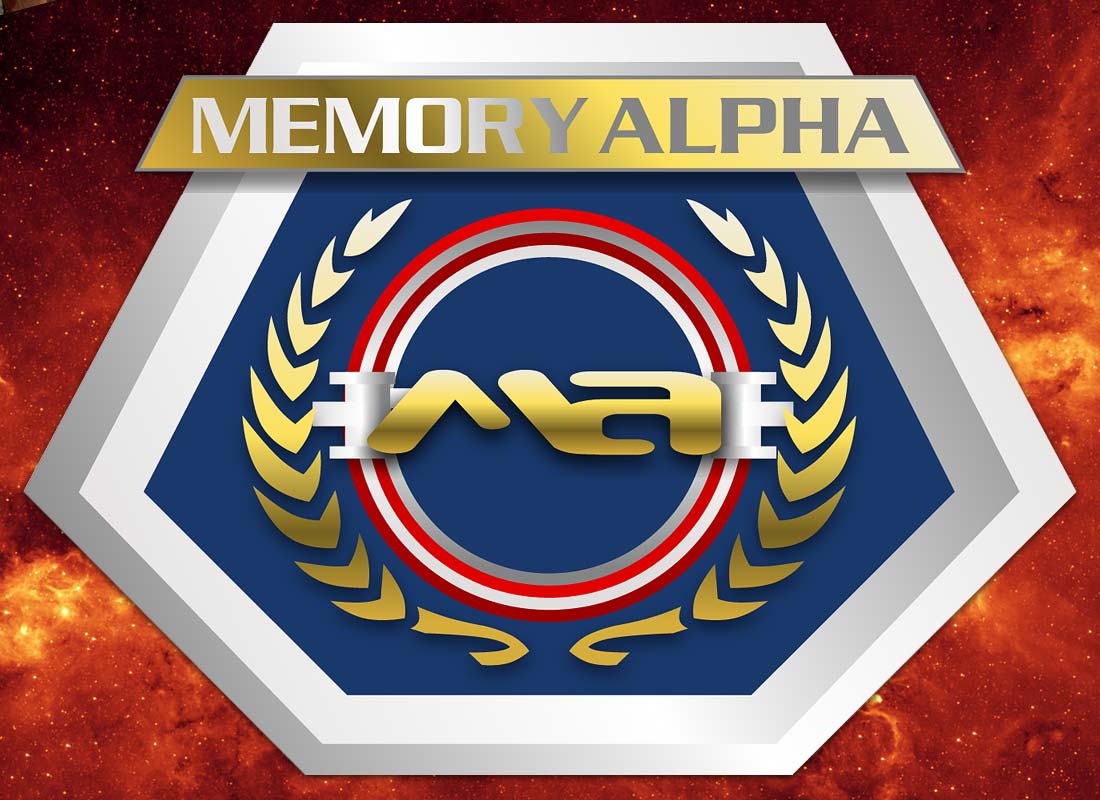Like any new chapter of the Star Trek franchise, from the debut of a television episode to the premiere of a feature film, fans tend to have one thing near the top of their minds when tuning in for the first time: how will this new adventure tie into the overall Trek canon?
Anyone heard that about Star Trek: Discovery?

In a new interview with Slate.com, Discovery producers Aaron Harberts, Gretchen Berg, and Akiva Goldsman talk to Marissa Martinelli about the needs of keeping the series in line with what’s come before – but finding ways to keep exploring undiscovered countries within Trek lore.
Adding an entire chapter to that canon with Discovery, which will fill in the gaps of the cold war between Klingons and the Federation, is a big responsibility, and one that Discovery’s showrunners, Gretchen Berg and Aaron Harberts, don’t take lightly.
There are some areas of Trek canon that Discovery’s showrunners simply will not touch. The Romulans, for example, are a “no-go,” Harberts told me, because their appearance in the Original Series episode “Balance of Terror” is supposed to be the Federation’s first face-to-face encounter with the species.
Other areas offer more wiggle room. The trick, Berg said, is figuring out which parts of canon are too sacred to toy with and which leave some undiscovered country ripe for further exploration. “Any kind of canon is like Scripture. There’s some interpretation going on,” she said.
“I really find that my favorite creative people can look at those boundaries and say, there’s so much room within to play. Instead of going outside the lines, we can dig deeper within the boundaries that exist.”

While some have been quick to point out discrepancies in design choices, costuming, and story points that may be inconsistent with past Trek adventures, the production team and series writers aren’t missing that feedback.
Berg and Harberts understand that major changes like these will rile some Trekkies, who will find them highly illogical, but they also promise that all will be explained. “The audience just has to be patient, because typically, if it seems like we’re violating canon, we know,” said Harberts. “We know that people might have knee-jerk reactions to things. But we have a plan.”
Behind that plan is a writers’ room full of Star Trek superfans, who litigate the canon as seriously as courtroom lawyers. “We negotiate. We haggle. We horse-trade. We always ask, ‘How do we serve canon and the story?’ ” said Harberts. “You’ve got to find a way to meet in the middle.”
The team, using hypothetical examples of potential story points, described their process about taking on new areas of canon, using their in-house Trek experts to navigate potential minefields.
For instance, if the writers are dealing with an episode that revolves around the Klingon homeworld Kronos (a purely hypothetical example, the showrunners are careful to emphasize, since Discovery’s plotline is still largely shrouded in secrecy), then [science adviser Anthony Maranville] might offer information about the planet’s biological and geographical makeup.
[Novelist and staff writer Kirsten] Beyer might explain that Discovery’s characters wouldn’t know much about how the High Council operates, because Enterprise’s Captain Archer didn’t have much opportunity to observe the Chamber before being shown the door in “Broken Bow.”
And [executive producer Akiva] Goldsman might look ahead to Klingon behavior in an episode of The Original Series, to make sure that what happens in Discovery lines up with our knowledge of Klingons in the future.
At the same time as the writers are trying to navigate that existing canon, they’re also looking for new frontiers. “The trick is to find the dark spots,” Goldsman told me. “To find the places that have not been illuminated by canon. You’re searching for the areas where no one has shined a light.
Like any good adaptation, you run into the wall, you bang your head against it, and you try again in a different direction.”

Just like Trek wiki Memory Alpha served as a great tool to the writing team on Star Trek Beyond, so too does the website help the Discovery team research a multitude of series topics, and guide the team on episode rewatches to stay accurate to past stories.
Named for the planet that houses the Federation’s central library, Memory Alpha is home to collaborative entries that are exhausting in their level of detail—the wiki’s entry on raktajino is 40 times as long as the one in the franchise’s official database—and users’ careful citations make the site “an amazing resource,” according to Discovery’s showrunners.
Harberts assures me that the writers are themselves “fanatical” about fact-checking the information they find on the wiki: They’ll sometimes rewatch, or ask Maranville to rewatch, an entire episode based on a single detail in a Memory Alpha entry. But rather than running away from Trek fans’ infamous attention to detail, they’re using it to their advantage.
![]()
Star Trek: Discovery launches September 24 on CBS All Access in the United States, and CTV and Space in Canada. The series debuts September 25 on Netflix in the rest of the world.
